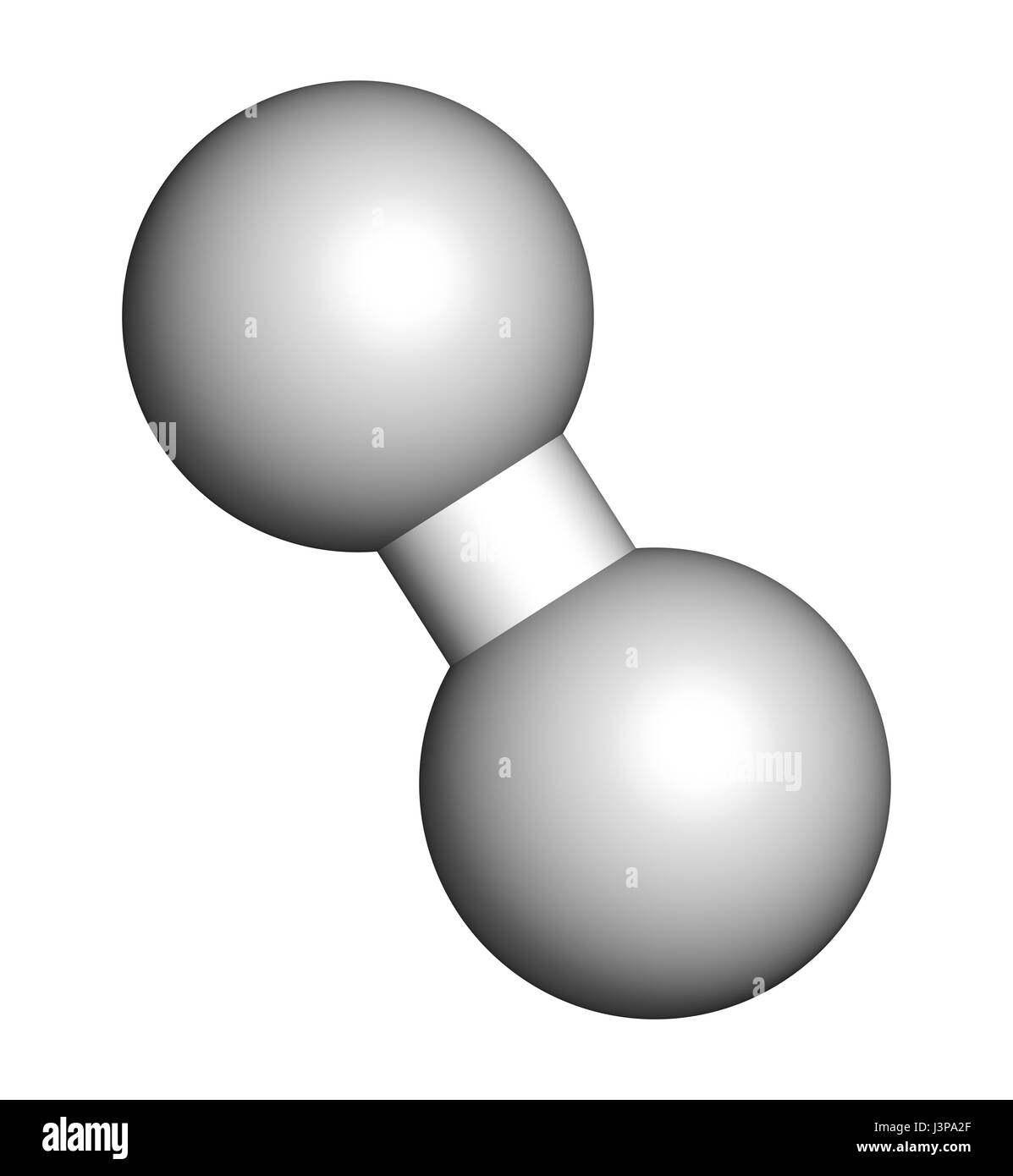

Calculating those approximations is also one of those problems that scales very, very badly with size. Instead, we have to use approximations, which introduce errors. But, with the exception of hydrogen-not the hydrogen molecule, the hydrogen atom-we can't. Tiny errors matter a lot.Įrrors wouldn't be a problem if we could obtain exact solutions to Schroedinger's equation. So, miscalculating the shape of a molecule changes the predicted reaction rates (e.g., the speed at which things happen) exponentially. The problem is that the energy required to pull a molecule apart changes with bond length. This would then open the way to changing things in the environment and allow us to determine (for example) how a catalyst changes the molecule's shape to make it easier to pull apart. You would know how much energy it takes to pull it apart and, therefore, how quickly it would undergo a given reaction. In principle, if you could solve Schroedinger's equation for a molecule, you would know everything about it. The rate at which a reaction occurs, for instance, is finely dependent on the structure of the molecules involved.Īnd a molecule's structure is set by the rules of quantum mechanics.

Molecules have a fixed shape, they require certain fixed amounts of energy to pull apart, and they release or require a given amount of energy to react. And as any chemist will tell you, unsolvable equations are worthless when you're staring down the barrel of a synthesis that has gone wrong (I've paraphrased what a chemist would actually say, which Ars editorial standards would not allow me to print).īoth physicists and chemists are right. Chemistry? I came here for physicsĪs any physicist will tell you, chemistry is just physics. Now, the same device has been used to do real quantum chemistry calculations, and it seems scarily accurate. While this is promising, it's not much more than what others have done with different types of quantum computers. In doing so, the researchers came up with a more robust architecture. Just two months ago, we reported on a quantum computer that mashed digital aspects of quantum computing together with analog aspects. Nothing useful could be done as researchers stepped through all the foothills on their way to the peaks, but now the summit is in view. I've been going on about quantum computing for as long as I've been writing, but it has always been in the future tense.


 0 kommentar(er)
0 kommentar(er)
